Nationalist Movements in Asia and Africa after World War 1
The period following the First World War saw the strengthening of the movements of the peoples of Asia and Africa for independence.
- Many leaders of freedom movements in Asia and Africa had supported the war effort in the hope that their countries would win freedom, or at least more rights after war was over.
- Their hopes had been belied and the imperialist leaders soon made it clear that the wartime slogans of freedom and democracy were not meant for colonies.
- However, the war had weakened the imperialist countries and had contributed to the awakening of the colonial peoples.
- Their struggles for freedom entered a new phase after the war.
- The support of Soviet Union further added to the strength of the freedom movements.
- Even though most of the countries of Asia & Africa emerged as independent nations after the Second World War, the period after the First World War saw serious weakening of imperialism.
Nationalist Movements in Asia
- In India this was the period when the freedom movement became a mass movement under the leadership of Mahatma Gandhi.
- In Indonesia, there were uprisings against the Dutch rule. In 1927 National Party Was organised with the aim of achieving independence.
- In Korea there was a movement for independence from Japanese rule.
- Iran had been divided into Russian and British spheres of influence before the First World War.
- The Soviet government after the revolution of 1917 had given up the sphere under her control & had withdrawn all her troops from there.
- British, however, tried to extend their influence over the entire country.
- These efforts were met with a widespread uprising. In 1921, power was seized by Reza Khan who in 1925 became the emperor.
- British troops left Iran & modernization of Iran began.
- The British government had waged many wars against Afghanistan in the nineteenth century.
- As a result of these wars, the independence of Afghanistan had been curbed.
- The foreign relations of Afghanistan had passed under British control.
- In 1919, king of Afghanistan was assassinated & his son, Amanullah became the King.
- Amanullah proclaimed complete independence of Afghanistan, which was immediately recognized by the Soviet Union.
- The British government in India waged a war against the new Afghan government but in the end Britain agreed to recognize independence of Afghanistan.
- There was an upsurge in Arab countries against Britain and France.
- The Arabs had been asked by the Allies, during the First World War, to fight against their Ottoman rulers.
- However, the end of the war did not result in the independence of Arab countries.
- Britain and France had extended their control over these countries as their protectorates and ‘mandates’.
- There were uprisings against Britain in Egypt and Britain was forced in 1922 to grant independence to Egypt though British troops continued to stay there.
- Syria had been handed over to France after the war.
- However, from the very beginning France met with intense opposition there.
- In 1925 there was an open rebellion and the French government resorted to a reign of terror.
- The city of Damascus which became a centre of revolt was reduced to ruins when the French troops bombed the city from the air and made use of heavy artillery to shell the city.
- However, in spite of these massacres, the resistance to French rule continued.
Nationalist Movement in Turkey
Disintegration of the Ottoman Empire after Turkey’s defeat in the First World War led many nations which were formerly under the subjugation of the Ottoman Empire, become free. Arab territories of the empire had been given away to Britain and France as mandates after the First World War.
- The Allies, however, did not stop at the dismemberment of the empire.
- They wanted to establish their domination over Turkey itself and to give away parts of Turkey to Greece & Italy.
- The treatment meted out to Turkey by the Allies had led to a mass upsurge in India directed against Britain.
- This upsurge is known as the Khilafat movement which had merged with the Indian nationalist movement.
The nationalist movement in Turkey was organised to prevent the domination of the country by the Allied powers and the annexation of parts of Turkey by Greece & Italy.
The Sultan of Turkey agreed to the terms dictated by the, Allied powers –
- However, even before the treaty was signed by Sultan, a national government had been established under the leadership of Mustafa Kemal with its headquarters at Ankara.
- This government signed a treaty of friendship with the Soviet government in 1921 under which Turkey received Soviet political support and arms for the nationalist cause.
- Following the treaty with the Sultan, Turkey was invaded by Greece.
- The Turks under Kemal’s leadership were able to repel the invasion & Allies were forced to repudiate the earlier treaty.
- The Allied troops were withdrawn from Turkish territory and the areas which were to be annexed by European countries remained in Turkey.
- Thus Turkey was able to win her complete independence.
Turkey was proclaimed a republic. The new government abolished the institution of Caliph. Education was taken out of the hands of the religious leaders. Religion was separated from the state. The revolution in Turkey became a source of inspiration for the movements for freedom in Asia. It also helped to promote the ideas of social reform and modernization.
Nationalist Movements in China
In 1911, there was a revolution in China which resulted in the establishment of a republic. However, power was passed into the hands of corrupt governors called warlords.
- National movement in China aimed at overthrowing of foreign domination and the unification of China by ending the rule of warlords.
- The founder of the national movement in China was Dr. Sun Yat Sen.
- He played an important role in 1911 revolution; & in 1917 set up a government at Canton in south China.
- The party formed by him called Kuomintang led the national struggle in China for a number of years.
- Russian Revolution had a deep impact on China.
- The new government in Russia had renounced all unequal treaties which Russian emperors had imposed on China and promised full support to the Chinese national struggle.
- In 1921 the Communist Party of China was formed.
- In 1924, the Kuomintang and the Communist Party decided to work together and the Soviet government gave various kinds of aid, such as the training of a revolutionary army.
- A number of Soviet political and military advisers worked with the Chinese liberation movement.
- After the death of Sun Yat Sen in 1925, the unity between the Kuomintang and the Communist Party was broken & period of civil war began.
In 1930s when the Japanese attacked China with the aim of subjugating the entire country, the two parties agreed to work together to resist the Japanese invasion. The Communist Party played a leading role in the war of resistance against the Japanese invasion. It was able to establish its supremacy in the country and within a few years after the end of the Second World War was victorious in the civil war.
Nationalist Movements in Africa
- This period also saw the emergence of political and national consciousness in Africa.
- Though the struggles for national independence in Africa gained momentum after the Second World War, the 1920s & 1930s were a period when the first political associations were formed.
- An important role in the growth of national consciousness in Africa was played by a series of Pan African Congresses.
- The Pan African movement asserted the identity and unity of the African people, and independence of Africa.
- The people of Ethiopia fought heroically against the Italian invasion in1935-36 and their resistance served as a source of inspiration to the people of Africa.
The national awakening of the people of Asia and Africa and the growing strength of their struggle for freedom were factors of great importance in the making of the modern world.
While the long-oppressed peoples in these two continents were beginning to assert their right to independence, preparations for another war were being made in Europe.
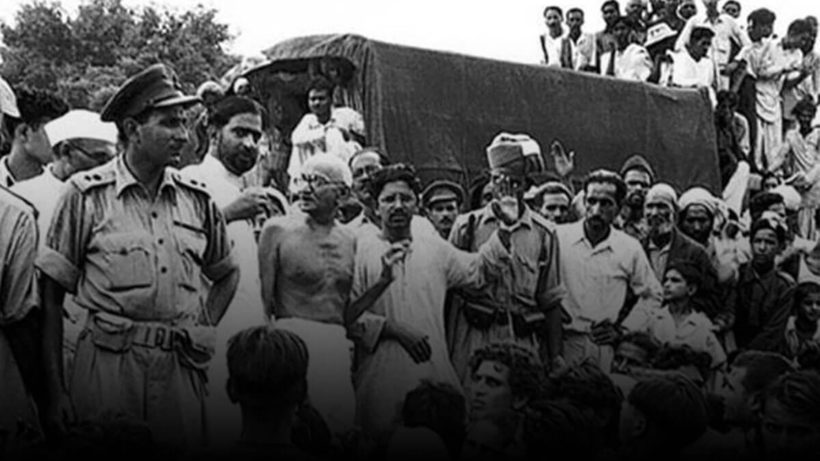
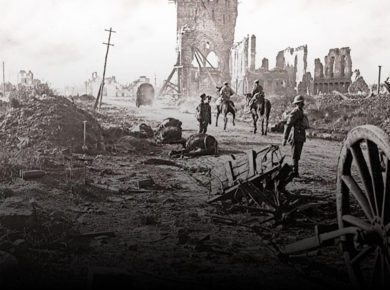
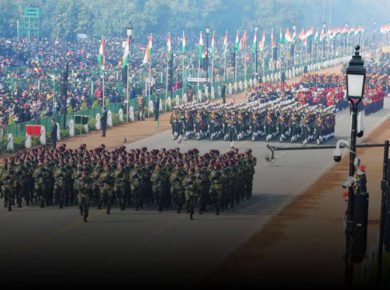
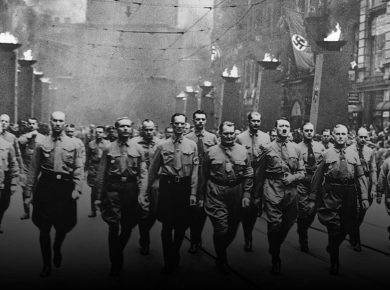

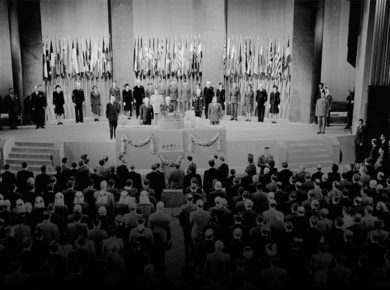
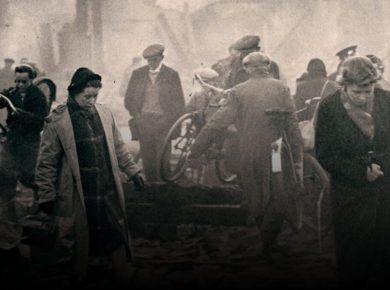



1 comment
thankyou very much to share the knowledge.